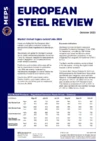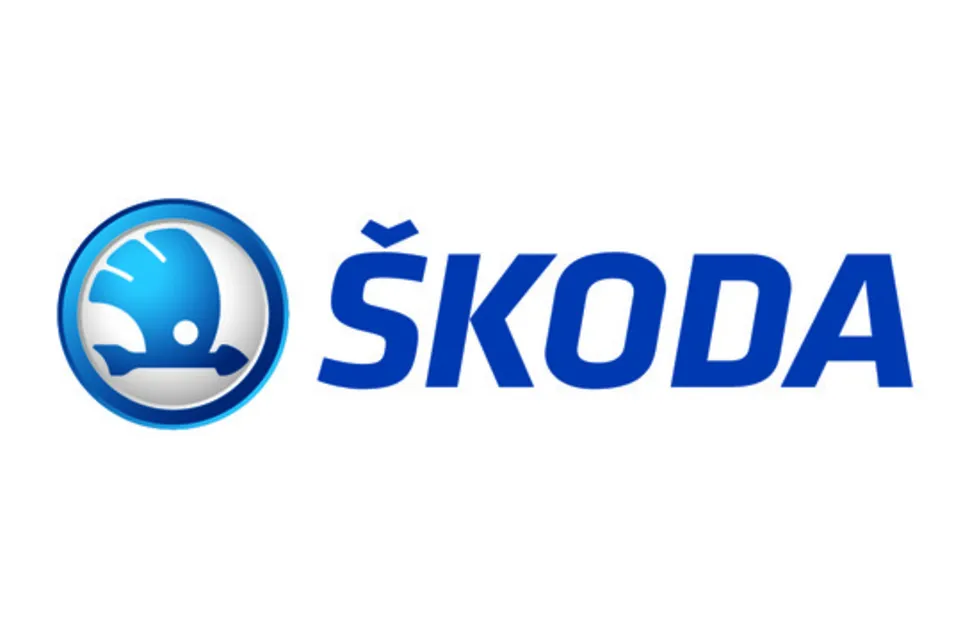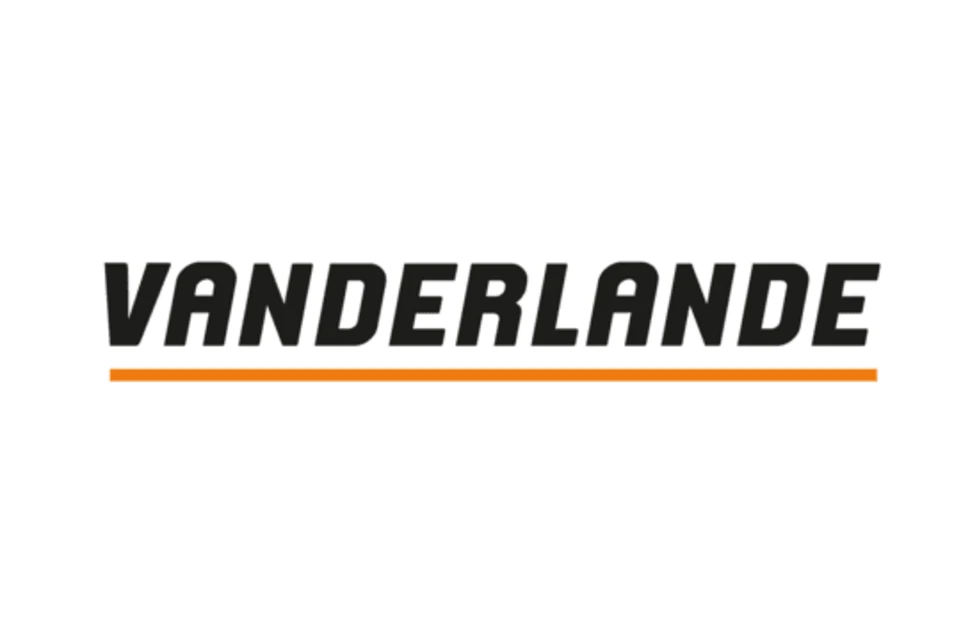Fire-prompted production cuts support EU steel prices
Mill fires resulted in a series of enforced production shutdowns in October, contributing to a tightening of supply which could support an upturn in European steel prices.
MEPS recorded price increases across all flat products, in each of the countries assessed for its European Steel Review, this month. Uncertainty about the future viability of imports, amid soon-to-be-implemented CBAM taxes and replacement EU import safeguard measures, are providing the main support to prices.
This month’s publication of a draft copy of the European Commission’s CBAM benchmarks may help some importers estimate their 2026 CBAM tax liabilities. However, recent production stoppages at EU mills could tighten supply just as most buyers start to favour domestic material over imports.
- This article first appeared in MEPS International's European Steel Review. The monthly Review features steel prices, indices, commentaries and 12-month forecasts covering Belgium, France, Germany, Italy, Spain and the United Kingdom. Contact MEPS for details of how to subscribe.
On October 8, a fire on a conveyor line at ArcelorMittal’s Fos-sur-Mer plant forced the shutdown of blast furnace No. 2 and the site’s steelmaking shop. The facility, which produces coils, is not expected to resume operation until mid-December. This month, MEPS respondents in France reported supply disruption resulting from the closure, particularly in their attempts to source two-metre-wide coils.
Thyssenkrupp start-up paused by blaze
Meanwhile, a fire at thyssenkrupp Steel’s Bruckhausen hot strip mill, in Duisburg, paused production there from October 24. The incident occurred at the plant’s new hot rolling mill No. 4, which was launched in July after a recent EUR800 million upgrade. Due to the plant being in a start-up phase, the effect of the stoppage would be minimal, according to thyssenkrupp. However, the steelmaker later implemented the temporary shutdown of blast furnace No. 9 at the Bruckhausen site. This was part of a plan to cut production by 2.5m tonnes per year, due to reduced demand, which was first announced in 2024.
Days after the thyssenkrupp fire, Marcegaglia’s cold rolling capacity was temporarily reduced after a fire at its Ravenna site, in Northern Italy. This affected one of three cold rolling mills at the plant, causing a production stoppage that the steelmaker said would last “a few weeks”.
MEPS respondents in Southern Europe said that a reduction in cold rolled coil supply would apply upward pressure to steel prices. EU steelmakers have reduced cold rolled offers in recent months, with many increasingly focused on galvanised material. Furthermore, the effects of the EU safeguard measures’ 13% cap on individual nations’ use of the “other countries” quota, and its ongoing antidumping investigations into cold rolled coil from India, Japan, Taiwan, Turkey and Vietnam, are constraining supply. In Southern Europe, domestic mills’ delivery lead times for cold rolled coil currently extend into March.
Rebar price rise coincides with Pittini outage
Also in Northern Italy, an October 29 fire in an oil-filled transformer warehouse stopped production at Pittini Group’s Ferriere Nord plant, in Osoppo. The incident stalled all production at the facility, which produces rebar and wire rod. Rolling mill production resumed after one week, MEPS understands. Pittini is using purchased billets to produce mesh wire rod and rebar. Drawing quality wire rod will be supplied from the company’s Verona plant until the restart of steelmaking on November 21-22.
While the effect of Pittini’s fire is expected to be limited, Italy was the only country assessed for this report to record a price uptick at both the high and low end of MEPS’s price range, this month.
Despite the recent production outages and extended mill delivery lead times, EU production capacity remains underutilised. Many market participants estimate utilisation rates at 60-65% following efforts to better align supply with significantly reduced demand. Estimates suggest that over nine million tonnes of EU steelmaking capacity is currently idle.
Flat product prices have risen this month and are expected to increase into mid-2026 as the effect of CBAM and trade defence uncertainty take effect. Without a sustainable increase in demand from key sectors such as construction and automotive, however, the upward price movement will be modest. Furthermore, mills will struggle to achieve target utilisation rates close to 80% in the medium term.

Source:
European Steel Review
The MEPS European Steel Review is an informative, concise and easy-to-use monthly publication, offering unique professional insight into European carbon steel prices.
Go to productRequest a free publication





